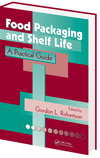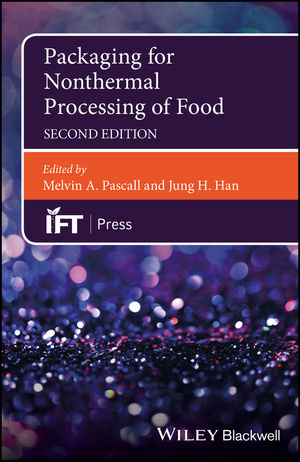Andy Hackman, Serlin Haley LLP, provided an update on the FPA State Advocacy Program at the recent FPA Fall Executive Conference.
FPA and Serlin Haley are monitoring and responding to numerous threats facing the flexible packaging industry. Some of the key issues Serlin Haley are monitoring include: extended producer responsibility (EPR); packaging and labeling; recycling and solid waste; single-use bags; and toxic chemicals. Access to recycling, solid waste management updates, beverage container deposits, plastic bags, food service, litter, and infrastructure discussions are among the top concerns in several key states, such as California and Connecticut.
In California, the CalRecycle Manufacturers Challenge is an initiative that impacts FPA members. The Challenge is producing a packaging policy model that will contain components necessary for a mandatory, comprehensive, state-wide packaging program.
In 2017, several legislative actions were killed, including Senate Bill 168 on beverage packaging; Senate Bill 705 on food service and polystyrene; and Assembly Bill 1659 on rigid food service packaging. In 2018, we expect to see legislation from the Challenge. Connecticut has a packaging reform workgroup, where we also expect to see legislation in 2018.
Massachusetts has over 50 bills that may impact FPA members including: House Bill 414, access to recycling and single/dual stream; House Bill 2928, EPR for discarded products and packages; House Bill 447, package fee; and House Bill 448, disposal bans.
FPA conducted several facility visits and tours with state legislators at member facilities. FPA visited facilities in key states, including California, Connecticut, and Massachusetts. FPA then expanded its reach to key legislatures in Ohio, Illinois, Wisconsin, and Indiana when legislatures were out for the year or in recess. The facility visits/tours are a great way to meet with state representatives and share with them what FPA member companies do and the community they support. It also ensures that legislators know who it is they may be impacting (either positively or negatively) with any future legislation.
In looking towards the future of the FPA State Advocacy Program, several questions come to mind. Will the flexible packaging industry have a role in funding new solid waste infrastructures in states? How should states develop solid waste goals and metrics for the future? How should the industry impact consumer behavior on recycling and disposal? Will enough market-based material solutions evolve naturally? Will waste-to-energy be on the table?
For More Information
FPA members can view Andy’s presentation at www.flexpack.org by clicking on “Download Presentations from the FPA 2017 Fall Executive Conference” in the Spotlight section on the homepage.










